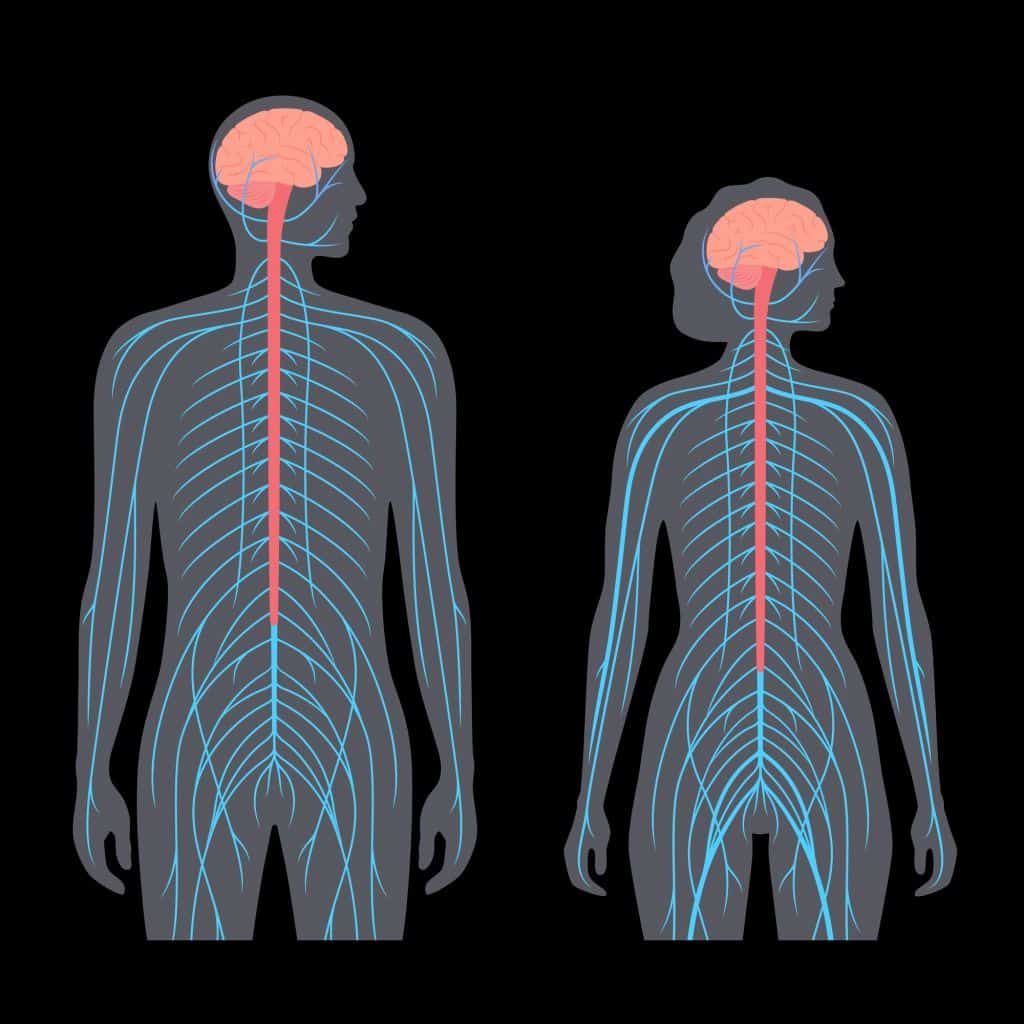Empyrean Neuroscience, Inc. has launched with $22 million in series A financing and a genetic engineering platform to advance a pipeline of neuroactive compounds targeting disorders of the central nervous system (CNS).
The company, based in New York City and Cambridge, U.K., is founded on a proprietary platform designed to genetically engineer small molecule therapeutics from fungi and plants. Usman “Oz” Azam, chief executive officer, and Fred Grossman, chief medical officer, lead the company.
Through precision targeting and engineering of the fungal and plant genomes, Empyrean is working to enhance and modulate neuroactive compounds. The platform is being used to identify therapeutic fungal alkaloids, cannabinoids, and other small molecules that may exhibit enhanced efficacy and safety. In addition, the platform is designed to discover novel small molecules that may exhibit a therapeutic benefit.
Safe and effective treatments
“There is an enormous medical need for safe and effective therapeutics that treat neuropsychiatric and neurologic disorders and we believe genetic engineering provides the answer,” Azam said.
“By applying our genetic engineering platform to make precise modifications to the genomes of fungi and plants, we can change the amount and kind of neuroactive small molecules they produce, with the goal of developing safe and effective treatments for difficult-to-treat diseases of the CNS.”
The company’s developmental pipeline includes fungal alkaloids, cannabinoids, and other neuroactive compounds, such as N,N-dimethyltryptamine (DMT), for the potential treatment of major depressive disorder (MDD), post-traumatic stress disorder (PTSD), neurologic disorders, substance abuse and dependence, and chronic pain.
Investigational new drug (IND) enabling studies of the company’s first genetically engineered encapsulated mushroom drug product are currently under way, and the company aims to enter the clinic for MDD in 2023.
“Fungal alkaloids and cannabinoids have shown promise in treating depression, PTSD, anxiety, and other neuropsychiatric and neurologic disorders,” Grossman said.
“We believe our approach of genetically engineering fungi and plants can improve their safety and efficacy and will ultimately help to address the substantial unmet medical need in patients who suffer from these diseases.”
As part of its genetic engineering platform, the company has licensed CRISPR/Cas9 technology from ERS Genomics for genetic engineering applications related to its therapeutic pipeline.





